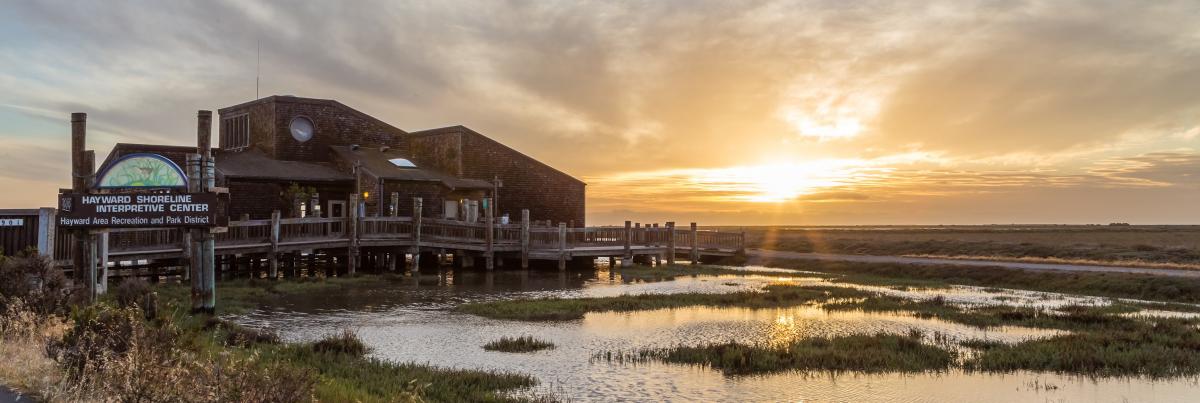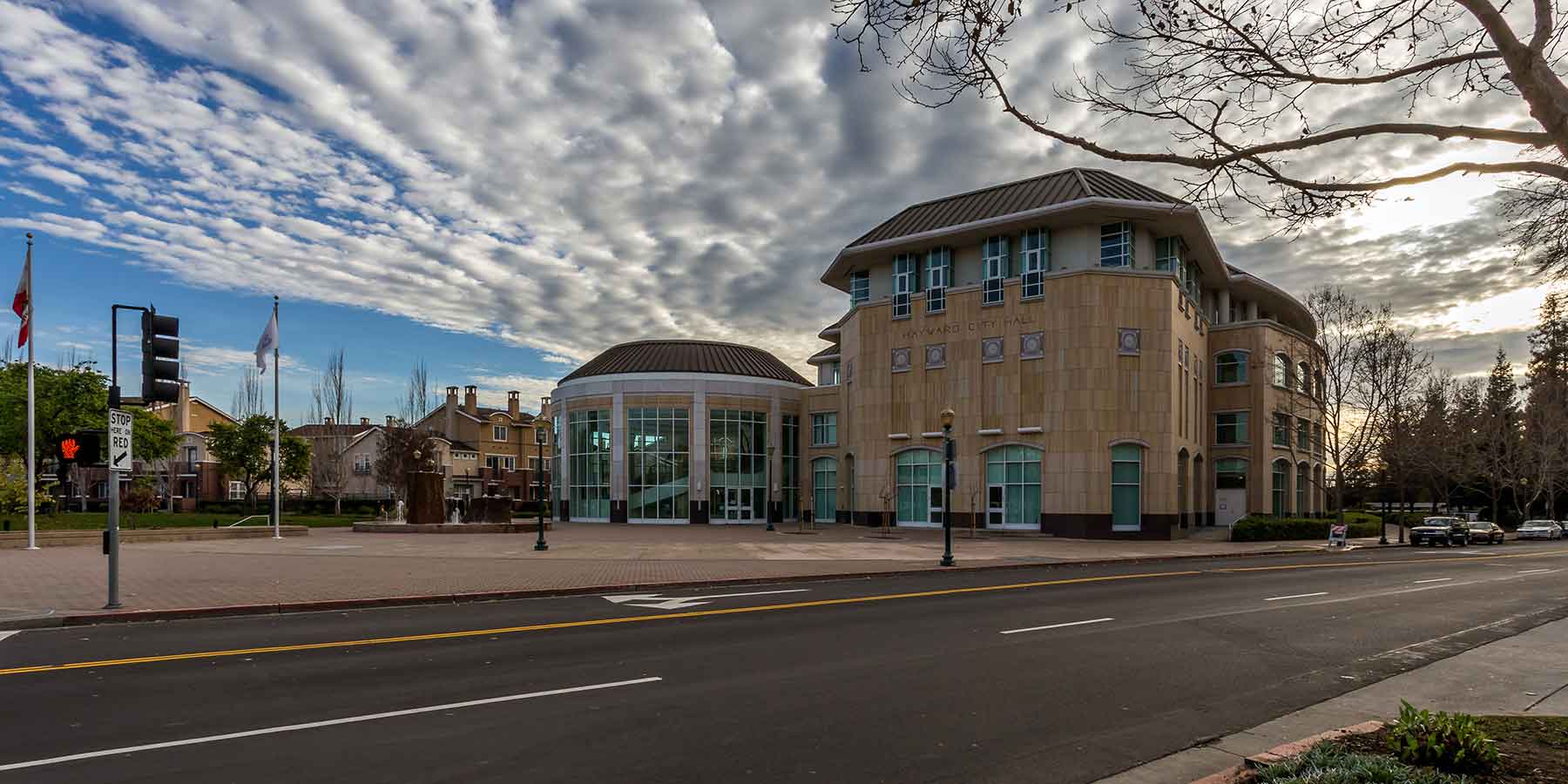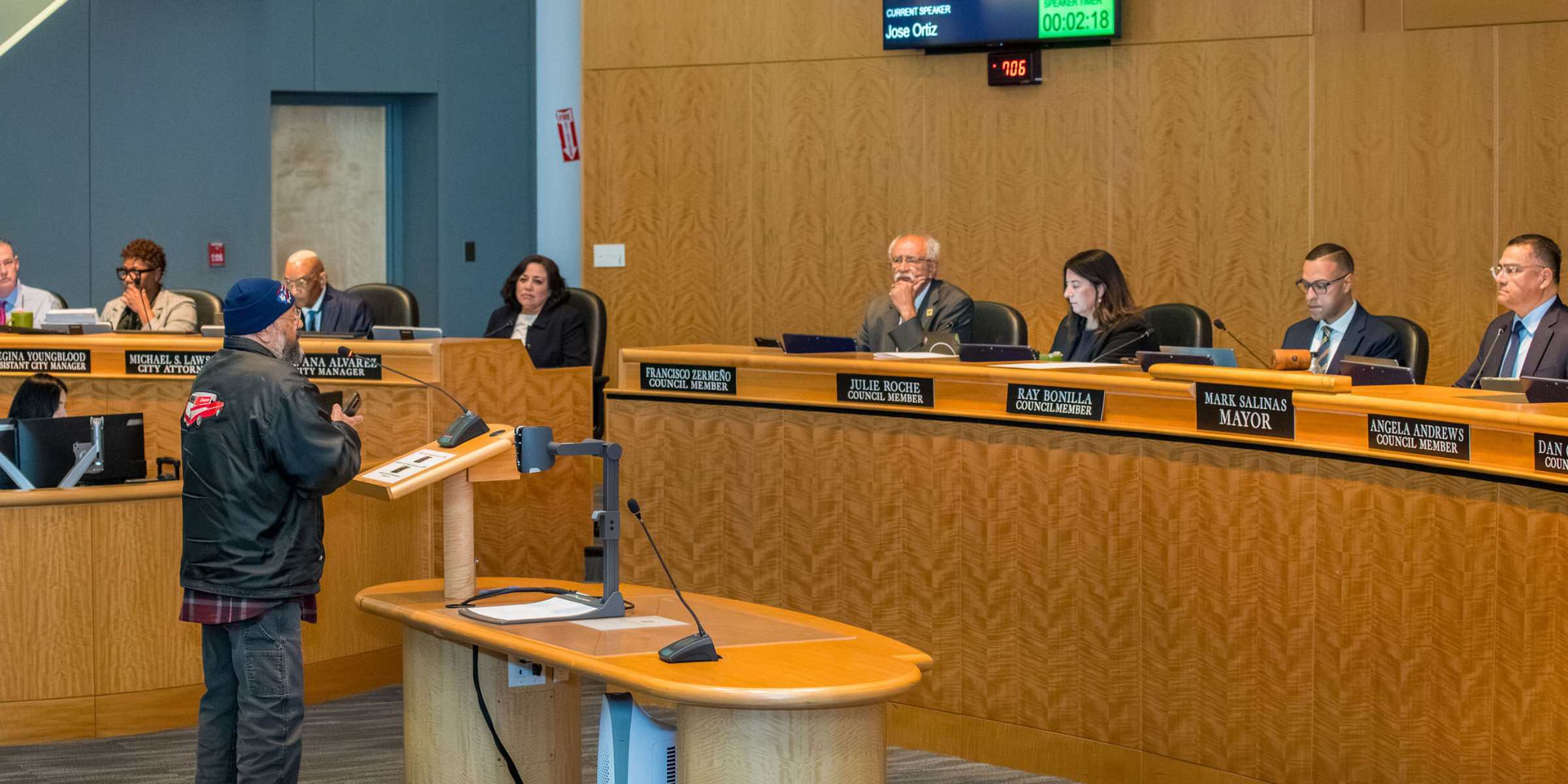SHORELINE ADAPTATION MASTER PLAN

The Hayward Area Shoreline Planning Agency (HASPA) prepared the Shoreline Adaptation Master Plan to determine the policies and projects necessary to prepare for sea level rise along the Hayward Shoreline. The shoreline is home to critical infrastructure such as the City’s wastewater treatment plant, the eastern approach to the Hayward-San Mateo Bridge (State Route 92), and flood protection. The area also has many natural features such as marshlands and shoreline, along with residential neighborhoods, business parks, and recreational features such as the Bay Trail and the Hayward Shoreline Interpretive Center.
This grant-funded project provided a suite of mitigation actions and policy recommendations to improve the City’s capacity to plan for, prepare for, mitigate against and adapt to sea level rise. The project's focus was on protecting the City’s most important natural and community assets. HASPA is a joint powers authority consisting of the City, the Hayward Area Park and Recreation District (HARD), and the East Bay Regional Park District, was established in 1970 whose purpose is to coordinate agency planning activities and adopt and implement policies for the improvement of the Hayward Regional Shoreline for future generations.
Sea Level Rise Memos
Sea Level Rise & Land Development in Hayward (243 KB) March 2022: An overview of sea level rise and considerations for development near the shoreline
Technical Memo for Land Development in Areas Subject to Sea Level Rise (118 KB) March 2022: Technical guidance for development near the shoreline
Hayward Regional Shoreline Adaptation Master Plan
Hayward Regional Shoreline Adaptation Master Plan (55 MB) - February 5, 2021: The comprehensive plan for the shoreline.
Appendix A Stakeholder & Public Comments (10MB) - February 5, 2021: A summary of all stakeholder and public comments received on the plan.
Appendix B Cost Estimate (2MB) - February 5, 2021: A summary of the cost estimate for the plan.
El Plan Maestro de Adaptación de la Costa Regional de Hayward
El Plan Maestro de Adaptación de la Costa Regional de Hayward (6 MB) - Mayo 20, 2021: Un sumario de el plan maestro en español.
Meetings
June 14, 2019 Stakeholder Meeting - Presentation (96 MB)
July 11, 2019 HASPA Meeting - Presentation (32 MB)
October 10, 2019 HASPA Meeting - Presentation (11 MB)
October 27, 2019 Shoreline Tour - Storyboards (22 MB)
October 28, 2019 Stakeholder Meeting - Presentation (173 MB)
January 9, 2020 HASPA Meeting - Presentation (199 MB)
April 9, 2020 HASPA Meeting - Cancellation Notice (89 KB)
May 5, 2020 City Council Work Session - Presentation (9 MB) & Staff Report (602 KB)
July 9, 2020 HASPA Meeting - Presentation (9 MB)
October 8, 2020 HASPA Meeting - Presentation (15 MB)
October 22, 2020 Planning Commission Work Session - Presentation (10 MB) & Staff Report (270 KB) & Minutes (390 KB)
January 14, 2021 HASPA Meeting - Presentation (5 MB)
February 16, 2021 City Council Adoption - Presentation (8 MB) & Staff Report (721 KB) & Resolution (135 KB)
Drafts and Supporting Documentation
Background Report (105 MB) - June 14, 2019: This report provides a project overview including history of the area and existing conditions.
Appendix A (58 MB) - June 14, 2019: This document includes the results of an online survey and stakeholder interviews.
Data Collection & Sea Level Rise Mapping Report (6 MB) - November 26, 2019: This report describes the data sources and the approach used to update inundation maps.
Adaptation Strategies Report (250 MB) - February 21, 2020: This report details adaptation strategies for the project area.
Draft Design Alternatives (11 MB) - March 31, 2020: This draft report outlines three design alternatives for the shoreline.
Previous Studies
In 2010, HASPA completed a Preliminary Study of the Effect of Sea Level Rise on the Resources of the Hayward Shoreline. In 2011 through 2013, HASPA partnered with the Bay Conservation and Development Commission’s Adapting to Rising Tides (ART) Program to conduct a Resilience Study which further assesses vulnerabilities and identifies potential adaptation strategies.








